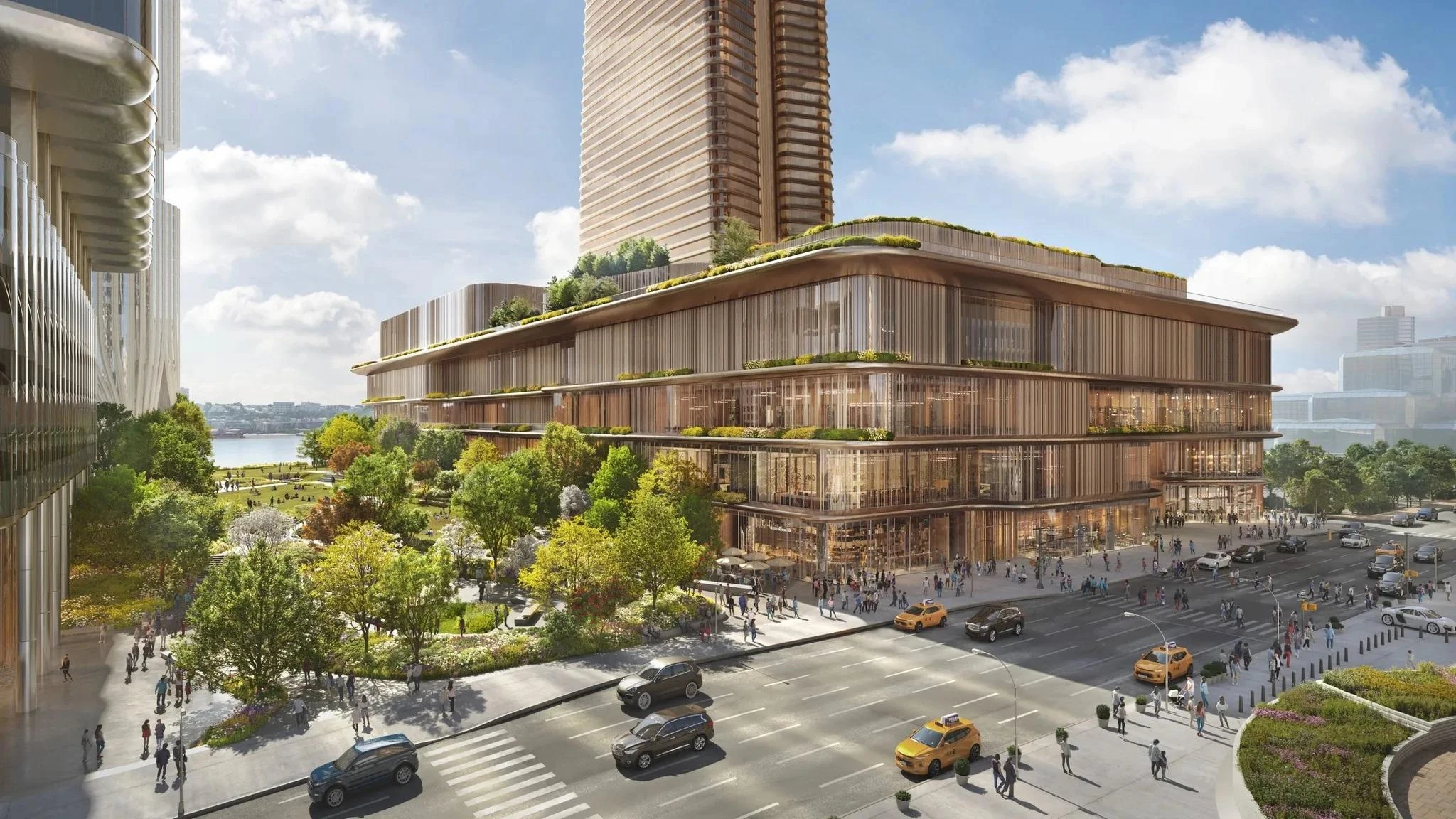Manhattan borough president Mark Levine announced his opposition to rezone the Hudson Yards casino project from Wynn Resorts and Related Companies. His opposition is one of many hurdles for the 11 companies bidding for a downstate casino licence. 
In an interview 14 February with Crain’s, Levine issued a flat-out rejection of the rezoning plan, rather than a denial with conditions.
“I’ve concluded that the plan as currently proposed is not good enough,” he said.
Levine’s rejection in this case was not solely attributed to the casino itself. Instead, it was largely tied to previous affordable housing commitments. In 2009, Related entered into a development agreement with the city for the Western Rail Yards neighbourhood, which is where the casino site would be located. As part of that deal, Related agreed to develop between 3,454-5,700 housing units.
The $12 billion (£9.5 billion/€11.5 billion) Wynn proposal, one of 11 bids for three downstate New York licences, calls for three towers. Between them, they would house a hotel, casino and 1,500 apartments, down significantly from the original commitment. Of the 1,500 units, 324 are deemed affordable.
“Across Manhattan, rental vacancy hovers at under 2%, while average rents sit at nearly $5,000 per month,” Levine said in a statement. “There is no getting around the fact that we must create more housing, including affordable housing, to meet the need we see across the city. Failure means becoming a city where our children will not be able to afford to live.”
Rejection could have other consequences
On its face, Levine’s opposition is symbolic, and not binding. But it could have an influence on decisions still yet to come. Among them, the New York City Council will ultimately issue a final ruling on the rezoning request later this year. Councilman Erik Bottcher, whose district includes the proposed site, will likely take Levine’s opposition into account.
In addition, Levine is part of a group of officials who will be tasked with appointing members to community boards. These six-member local committees will issue binding votes on every proposal this summer.
In order to move on to the final round of consideration, a project must have at least four “yes” votes. If Levine’s appointee is a detractor, Wynn and Related would need to swing four of five votes instead of six.
Related: Redesign not feasible
Adding more housing to the proposal could be a way to win back Levine’s support. But Related spokeswoman Natalie Ravits told Crain’s that that would not be economically feasible.
“There is no getting around the fact that the site cannot be developed without first paying for the $2 billion platform over the rail yards, and unfortunately it is simply not viable to pay for the platform with housing,” she said. “The housing units removed from the plan were multi-million dollar, luxury condos that the west side does not need and the market does not support.”
Related has met with community groups 10 times on the proposal, she said. There have already been four changes to the original plan.
“This is a viable plan that preserves the entirety of the affordable housing commitment we made to the community, creates 1,500 units of new housing, and offers benefits including the creation of 5,000 permanent union jobs in the Wynn resort, 35,000 construction jobs,” she said.
New York bids facing rising pushback
Overall, nearly all of the bids have already received some form of pushback, including Hudson Yards. The project was rejected by a non-binding community board last month. It is also opposed by the powerful local group Friends of the High Line.
Four of the 11 bids, Hudson Yards included, require zoning changes, which requires the biggest lift. A local board last month voted against a Coney Island proposal. The group bidding there is a consortium that includes the Chickasaw Nation and Thor Equities. Bally’s Corp has also not garnered support it needs to rezone its golf course in the Bronx.
New York Mets owner Steve Cohen has had the most luck of the four. Last November, a group of community boards voted in favour of rezoning parts of the Citi Field complex in Queens for a casino complex. But he also faces opposition from a number of local officials who could stymie efforts there.